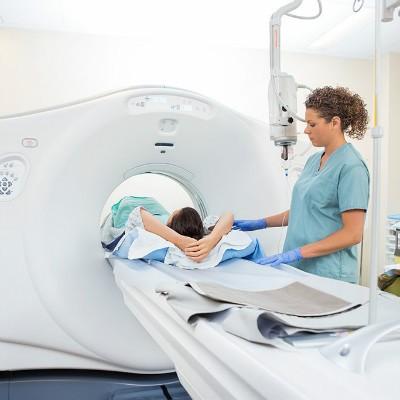Fall cerebral hemorrhage belongs to which branch?
summary
Falling cerebral hemorrhage is almost the "patent" of older people. In daily life, it is hard to avoid bumping, sometimes accidentally bumping into the head. The neurosurgery doctor of the Affiliated Hospital of Hangzhou Normal University visited two elderly people who fell. At that time, it was ok, but after a period of time, the reaction began to be slow and the hands and feet were not flexible. It turned out to be cerebral hemorrhage. Next, let's learn about it with you. Which department does fall cerebral hemorrhage belong to? It's a matter of time.
Fall cerebral hemorrhage belongs to which branch?
First, the elderly will have brain atrophy as they get older. After the brain is hit, the brain tissue moves more in the cranial cavity, and the veins are easy to be broken. This kind of venous hemorrhage is repeated and slowly oozing blood, most of which are found only one month later due to the gradual increase of hematoma volume and the corresponding symptoms of brain nerve compression, and the weakness of one limb and unstable walking are the most common. It is likely to cause chronic subdural hematoma. Therefore, don't take an old man's head bump lightly.

Second: the disease occurs slowly, and some elderly people are inconvenient to walk and slow to respond, so it is not easy to be detected.

Third: if many elderly patients do not have headache, nausea, vomiting, coma or even paralysis, they will not think that it was caused by head impact a few months ago. If you don't see a doctor in time, you may have coma or even life-threatening. Therefore, the elderly should be timely after the fall to the hospital for examination, once found cerebral hemorrhage should be treated immediately.

matters needing attention
Elderly head trauma, if in a few weeks after the occurrence of the following conditions, we must pay special attention to: headache, dizziness, burst like, intolerable; Nausea and vomiting; Numbness of half body, sensory disturbance or unfavorable activity; Appear facial paralysis, tongue crooked, mouth crooked, etc“ At this time is likely to have chronic subdural hematoma in the brain, to timely medical treatment. Of course, the elderly, whether at home or on the road, should be more careful, protect their heads and try not to be hit.













